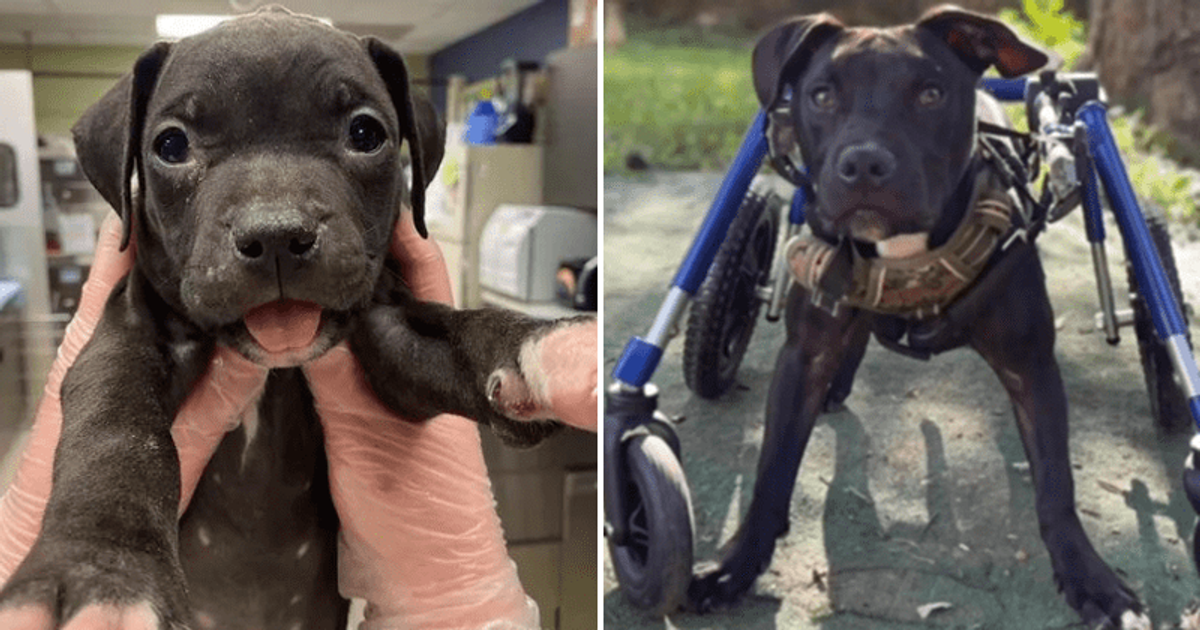Sit Down Dog Wheelchairs

Animal Euthanasia: What It Is and Why It's Necessary
Animal euthanasia is the humane and compassionate process of ending an animal's life in a way that minimizes pain and suffering. It is often the best option for pet owners facing the difficult decision to end their pet's life due to terminal illness, severe injuries, or other health issues.
When a pet becomes seriously ill or injured, pet owners must decide whether or not to euthanize their beloved animal. It is a decision often fraught with emotion and should not be made lightly. However, in some cases, euthanasia may be the best course of action for both the pet and the owner.
Making the Decision
There are several factors to consider when deciding to euthanize a pet. First and foremost, the pet’s quality of life must be considered. If the pet is in pain or suffering from a terminal illness, euthanasia may be the kindest option. Additionally, the financial cost of treatment must be considered. In some cases, the cost of treatment may be too great for the owner to afford. Finally, the pet owner’s emotional state must be taken into account. If the pet is a close and cherished family member, the decision to euthanize it can be devastating.
Barbiturates may be used to put a dog out of its misery by administering a deadly dose. Fluids may be given via intravenous catheter or injection without causing the patient pain. Many dog owners choose to put their animals to sleep when the suffering of their animals has become intolerable and there is no prospect of a cure.
In specific animal shelters and municipal pounds, pets may also be put down. More and more animal shelters are adopting "no-kill" rules, making euthanasia less commonplace.
It is entirely up to you whether or not you want to be there when your dog is put down for good
Consider hiring a veterinarian who will come to your home to execute a canine euthanasia operation if your dog fears going to the vet's office or hospital. Most vets will invite you to an examination room where they will offer you some privacy for a few minutes so that you may say anything you desire or cuddle your dog tight. When the veterinarian and the vet tech enter the room, let them know whether you want to keep a stray hair or the dog's collar if they ask.
Talk to your veterinarian about euthanasia if you believe that your dog is suffering and you wish to terminate its life in a manner that is both painless and full of love. They may provide their advice and opinions when deciding, but ultimately, it is up to you. When it comes to compassionate care for your pet, the options are open now.
What You Should Know About Euthanasia
Here are some facts about euthanasia for dogs that you should know:
How does the euthanasia process work for dogs?
Sedatives are given to many dogs at veterinary facilities before surgery because they are afraid. If, on the other hand, you want to put your dog to sleep, you may need to make a special request. One of the most common medications used by veterinarians is pentobarbital (a seizure treatment), which prevents the heart and the brain from working when delivered in large enough doses. The intravenous method is used to provide this therapy.
It's not uncommon for some dogs to cry or make noises in response to needles, just like humans
This may be particularly distressing when people's emotions are already frayed since the dog's response matches human behavior.
Most people are not fully prepared for how quickly the euthanasia procedure works
The euthanasia process works quickly, the pet dies in a matter of seconds. The treatment is likely to be finished after your dog has calmed down.
You may hear a sound that seems like a gasp coming from your dog's body after they've died, but this is the dog's lungs expelling air. Nerves may also twitch for a brief period. Bladder emptying occurs on occasion.
Reflexes in the body after death aren't unpleasant, although it might be scary to see them. Your dog's eyes won't close on their own, as in movies, but it's possible. In some animal shelters, euthanizing unwanted pets is standard practice. There are various reasons a dog may be euthanized, but the most important factor is the pet's quality of life. Other reasons include dogs with a history of aggressiveness, dogs that are too old, dogs with illnesses or anomalies, and dogs who have been in the shelter for an excessive period.








